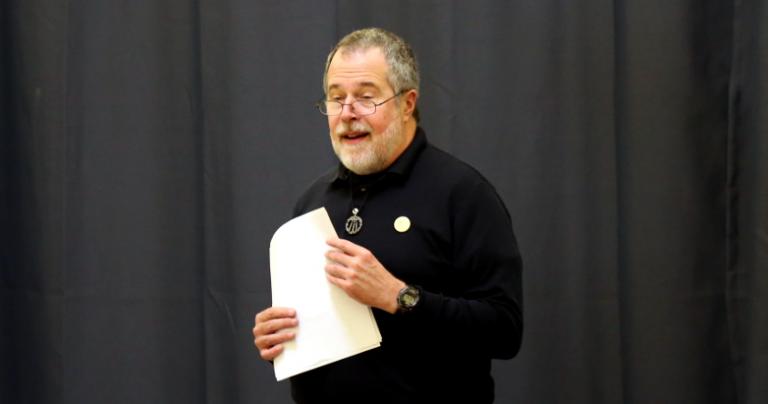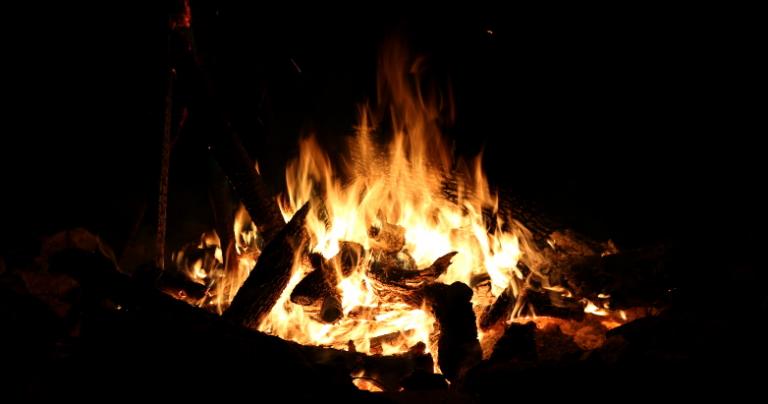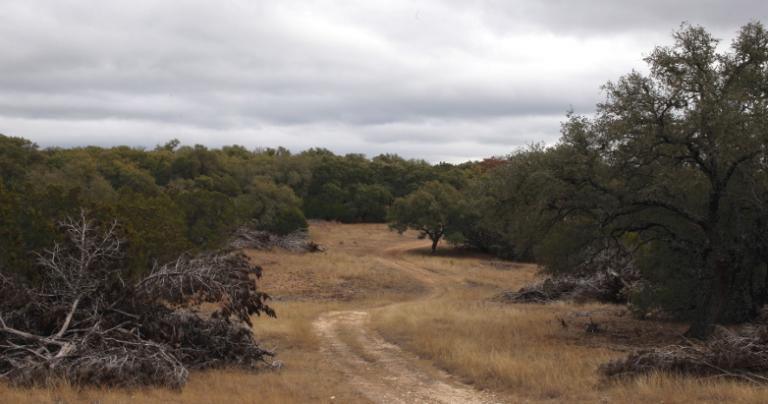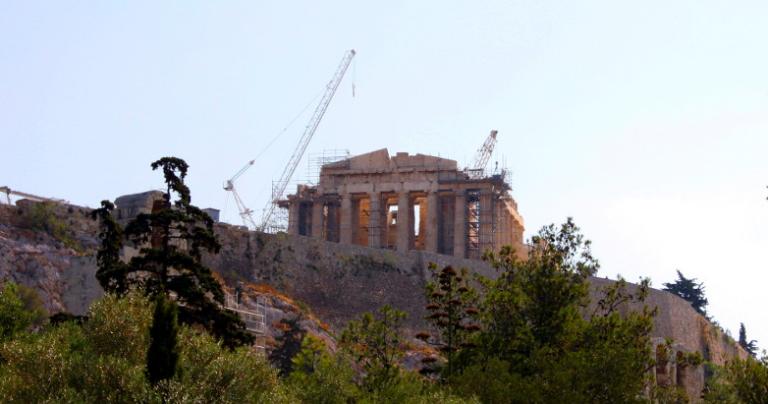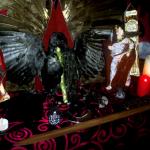Welcome to the third Conversations Under the Oaks, a monthly Q&A feature. This is your chance to ask me anything.
Questions have been edited for brevity – names are used where I have explicit permission.
Jason Mankey has questions on UPG – unverified personal gnosis.
What are your feelings on personal gnosis? Can it be trusted? Is trust gained when a collection of people report the same experience, results, or type of interaction? If it can’t be trusted, what is required to make “new myths?”
Personal gnosis is one of the primary ways our Gods, ancestors, and other spiritual beings communicate with us. It not only can be trusted, it must be trusted if our practices and traditions are to be living, breathing entities and not frozen in sacred texts or in some vision of a golden age that never was.
That said, no experience should be accepted without reflection and discernment. Is it in alignment with what we know about the character of the being in question? Is it in alignment with what we know to be true about the world and how it works? Is it ethical?
Absolutely the trust is increased when multiple people report the same or similar experiences and messages. I’ve been doing this kind of work for a long time – I’m pretty good at separating my own thoughts from the impressions I get from Others. But I’m not perfect, so there’s always uncertainty around them. But when other people hear / see / experience the same thing, that helps confirm my own interpretations. More data points is always a good thing.
At some point, when enough people have the same gnosis about the same thing, it becomes generally accepted as fact. This is how we get new lore, new myths, and new wisdom.
How do you find and keep a balance of staying open to experiences with Gods, magick, and the supernatural or spiritual, especially when there’s continual cognitive self-pushback from 1) trying to seem as a functional adult within a technical profession and 2) from the consideration that the current US society’s overall denial of science and its gaslighting of what is real is playing such a huge role in the country’s instabilities. How is self-insistence of experiences any different?
This is a very deep question that touches on matters of worldview, culture, and our desire for validation and acceptance.
I make my living as an engineer. It’s a technical profession that requires a strong knowledge of math and science. Mainly, it requires strong analytical skills – the ability to determine cause and effect. There is the idea in our mainstream society (especially among those who consider themselves educated and sophisticated) that every effect must have a naturalistic, materialist cause. But that idea is an assumption, not a conclusion. Some effects point toward Otherworldly causes. Some effects are so complicated we can’t determine a cause, and while we cannot believe things that are demonstrably false (like the Young Earth Creationists do), we are free to explore many possible causes.
The cause or conclusion or interpretation we select need not be the one that most closely adheres to a materialist worldview. Better to choose the one we find most helpful and useful while still remaining logically plausible. And then we dive deeply into these beliefs and interpretations, but we hold them loosely, always willing to update them or even abandon them if new evidence points in another direction.
Most of us have a strong desire to not be associated with science-deniers. But it is not denying science to recognize that science has limits, both in terms of what is known and what can be known.
Where we get into trouble is when we assume our interpretation is the only possible interpretation and that everyone else must agree with us. Hold your beliefs loosely and always be open to new evidence, but explore your experiences as deeply as you can.
When you get a message, and you think you know what the message means, but aren’t sure what the next action items are, how do you move forward?
The short answer is that we need meditation, to listen for the message and to contemplate its nuances. We need divination, to ask questions and get answers that can clarify the situation. We need consultation, to talk to other practitioners to see what we can learn from their experiences. And we need to check in frequently, to see how things are progressing.
The longer answer is that sometimes we do all those things and we still aren’t sure what to do. There are three basic approaches to moving forward when you aren’t certain.
Maintain optionality. If you aren’t sure what to do, wait till you know. For big life-altering decisions that can’t be easily undone, this makes good sense. Being a little late is better than being wrong. Oftentimes, though – and particularly if you’re dealing with a God – we don’t have the luxury of time.
Careful and slow. If you know the general direction you need to go, you can start moving. Take it slow, calculate each choice, and make sure it’s the right one. Do it well, then move to the next one. You may make a mistake here or there, but you should never have to backtrack more than one step.
Fail fast. I don’t know about you, the message I get from the deities I follow is often “why isn’t this done yet?” They aren’t going to wait for us to be sure, or to take things bit by bit by bit. So we make the best guess we can, dive in, and hope for the best. And if it fails, at least it fails fast and now we know what not to do. And many times, we can figure things out before it fails.
How did you first know you were being called to a life of priesthood? I feel like there are so many layers to this question that I have yet to find words for, but this is just the beginning.
You are correct that there are many layers to this question.
I always wanted to be a priest. I grew up Baptist, but once I saw a Catholic priest I realized he had something the Baptist preachers didn’t. Still, I never considered becoming a Catholic, and I did consider becoming a minister on at least two occasions. My calling is has been a life-long thing.
I see three aspects to priesthood. Priests serve their Gods, they mediate for their Gods, and they serve their communities. As a Pagan I was first called to serve my community. I had no intention of becoming a leader, but after less than a year at Denton CUUPS I was an officer. I started doing the service aspects of priesthood. That led me to join OBOD for their training program, so I could learn to be a more effective priest.
Then I was introduced (or more properly, re-introduced) to Cernunnos. I think He had me slotted for His priesthood for a very long time, and when I was ready he said “be my priest.” It wasn’t an offer so much as an order – an order I very much wanted to follow. The process was similar with Danu, though that was much softer.
I wanted to be a priest of the Morrigan, but that was not to be. I am Her sworn Druid. Sometimes the difference is hard for an outside observer to see, but it’s a very clear distinction with me.
So, for me it’s a lifelong desire to be a priest, and being thrust into a position of service, and being called into a position of devotion. Others have gone through other processes – this one is mine.
How do you square the fact that historical Paganism was not only deeply involved in political life but would probably have laughed at the idea of a religion separated from the political life and institutions of the period?
The snarky answer is that I don’t. My Paganism is inspired by the ancients, but it is not beholden to them. It’s a contemporary religion for this place and this time.
But I think this question is worth exploring in more detail.
Many of the ancient Pagan religions were state religions: Greece, Rome, and especially Egypt. Temples and priests were supported by the government and in return, the priests performed the necessary rites to insure the favor of the Gods. We see a similar structure in Asia with Taoism and Shinto. We know less about the less urban societies (the Celts and the Germanic tribes), but we know the Druids were advisors to kings and they supported their communities in battle.
The ancient Pagan religions supported the state, and they were inherently conservative, in the traditional meaning of the term (“to conserve” – they try to keep things the way they are). I’m old enough to remember when it was said that the Episcopal Church was “the Republican Party at prayer.” If you want the contemporary equivalent of ancient Pagan religions – at least in America – become a mainline Protestant.
But there’s another thread involved. The ancient Mediterranean religions had their state temples, but they also had their mystery cults. The Eleusinian Mysteries were performed for a thousand years – they dealt not with state religion but with personal religion. The PGM (Greek Magical Papyri) is full of down-to-earth operative magic: spells to call a lover, to find lost objects, to bring wealth. There’s nothing political about them. Most of modern Paganism follows the personal thread, rather than the state thread.
Religion and politics are ultimately inseparable – each one informs and influences the other. Religion without politics reinforces the status quo. But politics without religion reinforces a materialist worldview.
A good religion needs an Otherworldly component and a this-world component. It needs devotion and it needs activism.
Also, on a related note, how does a modern Pagan of any stripe contend with the concept of a divinely-ordained societal order (i.e., monarchy supported by warrior aristocrats and/or priestly bureaucrats) that doesn’t match well with our own?
I don’t, and this time there’s no snark intended. I’m inspired by the ancients, but I’m not chained to their customs.
If anybody says their Gods are telling them we have to have a certain social order (whether it’s monarchy or anarchy or anything in between) I tell them their Gods need to convince me. And so far they – and They – haven’t.


